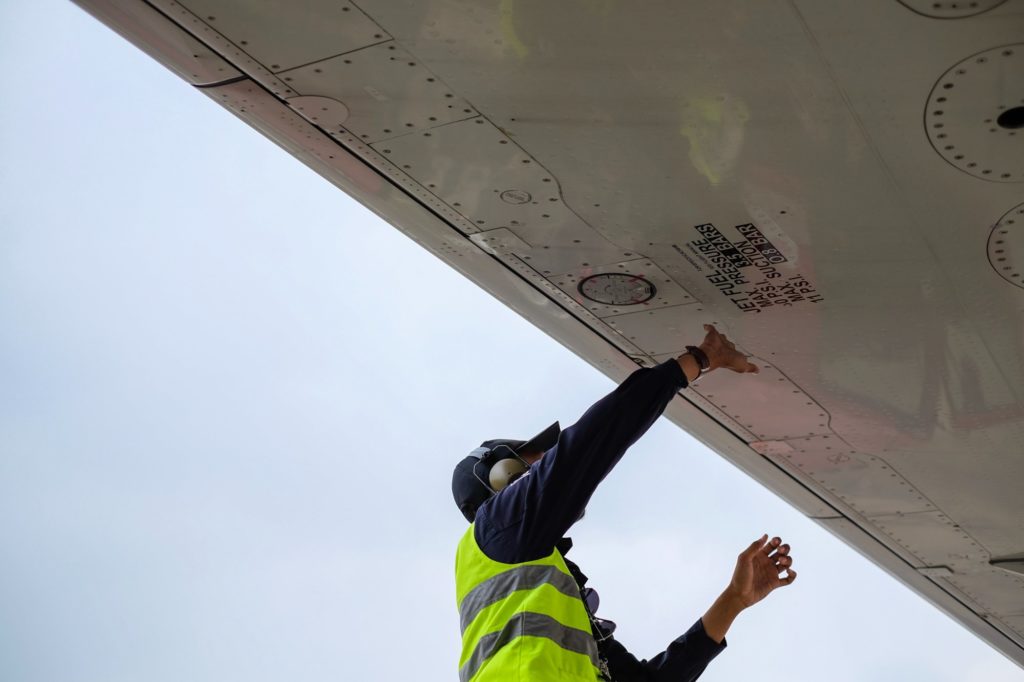
3 Mar Why Planned Preventative Maintenance (PPM) Is Key In The Defence Sector
Posted at 10:20 in Resilience by Kurt Wachter
From the extensive damage to the Oroville Dam’s emergency spillway, to the UK’s vulnerability to flooding incidents, the past few years have provided us all with countless reminders of just how important PPM is to resilience.
However, as important as PPM is in addressing infrastructural weakness and vulnerable assets, the dangers presented through poor maintenance are massively magnified in the defence sector.
Although this is true for number of reasons, I’d like to discuss the two that I feel are most important.
Time and Cost
As an industry predicated on the use of highly technical and specialised assets, lead times and cost are extremely important considerations within the defence sector.
Take, for instance, aircrafts, drones, and surveillance systems, which typically have lead times in excess of 12 months and are known to incur eye-wateringly large costs per unit.
Similarly, from an operations perspective, there’s the matter of downtime incurred through poorly maintained defence sites and equipment – refuel pumps and fuel tanks are obvious examples.
In order for defence organisations to deliver against their responsibilities, these critical assets, sites, and pieces of equipment must operate optimally, indefinitely. Failure to do so is likely to have catastrophic consequences that severely impact immediate defence capabilities, wider security, and the bottom line.
And this is what I believe is at the crux of PPM’s importance to the defence industry.
Should any of these assets or their highly specialised sensors and components fail, restoring capability through repairs or replacement parts is neither a rapid or cheap process: if something goes wrong, it will take considerable resources and time to put it right.
This is where reactive maintenance falls short.
Reactive maintenance fails to address critical issues before they create huge problems: it fails to account for the turnaround times of critical components, it fails to consider the expected lifetime of key parts in relation to entire assets, it fails to recognise important signs of damage to refuel pumps until they are >already leaking.
PPM on the other hand is much more valuable. Whether planned periodically or specifically in tandem with audits and inspections, planned maintenance allows organisations to stay one step ahead by addressing and preparing for potential risks and problematic areas before they can develop further.
For an especially pertinent example – albeit from another sector – just think how much resource and cash could have been saved had authorities successfully identified the ageing infrastructure of the Oroville Dam before such a significant amount of erosion occurred.
And in the realm of defence, the stakes are almost always higher and as a result, prevention must constantly be held in higher regard than cure. In practical terms, this means defence organisations must proactively monitor every asset and search for vulnerabilities, taking immediate action to mitigate and address these as thoroughly as possible.
This becomes particularly clear when we consider that in the defence sector, any vulnerability, real or perceived, can be seen as an invitation to attack – a threat more viable than ever given today’s unstable political climate and the sector’s growing focus on affordability above capability.
The Importance of Defence Sector Support Services
As a company providing support for over 50 armed forces sites worldwide, Adler & Allan is no stranger to the various barriers that can stop defence organisations from building resilience into critical sites and assets.
For many, identifying and addressing growing risk areas can be beyond in-house capabilities, requiring the in-depth expertise of specialist third party support providers.
One such example is Petroleum, Oil and Lubricants (POL) maintenance, an undertaking that often requires dedicated fuel testing facilities.
While I’m sure there are near limitless risks that would warrant specialist-third party intervention, I remain convinced that the best thing defence organisations can do right now is focus on PPM.
After all – you can’t solve problems you don’t know exist.
For more information on Alder & Allan’s comprehensive range of specialist Facilities Management and defence support services, visit our dedicated website.